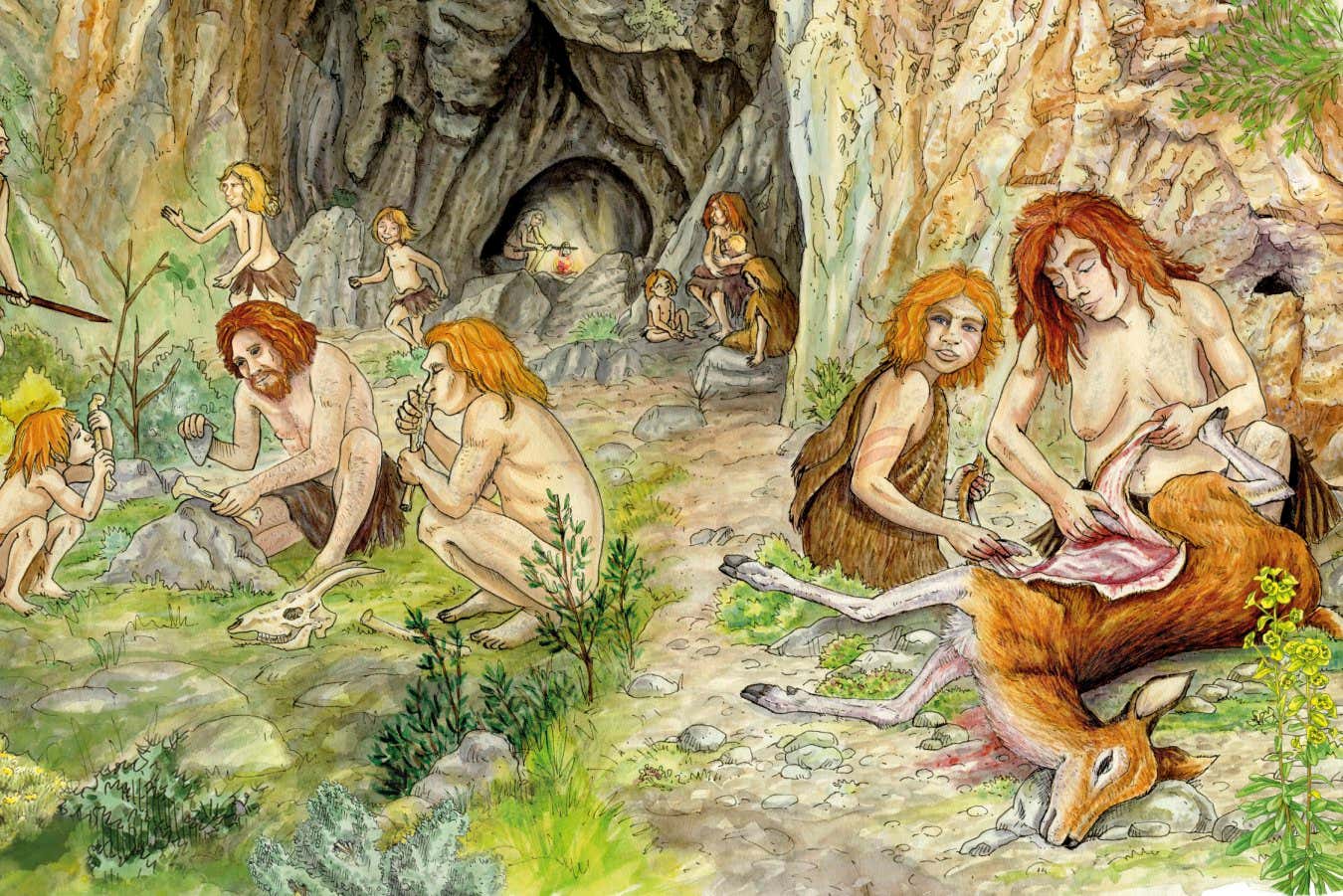
New Scientist
@newscientist
The best place to find out what’s new in science – and why it matters.
In this week’s issue: Can dire wolves, mammoths and other animals really be brought back from the dead - and should we do it? Grab a copy in shops now or download our app for digital editions. newscientist.com/issue/3552/
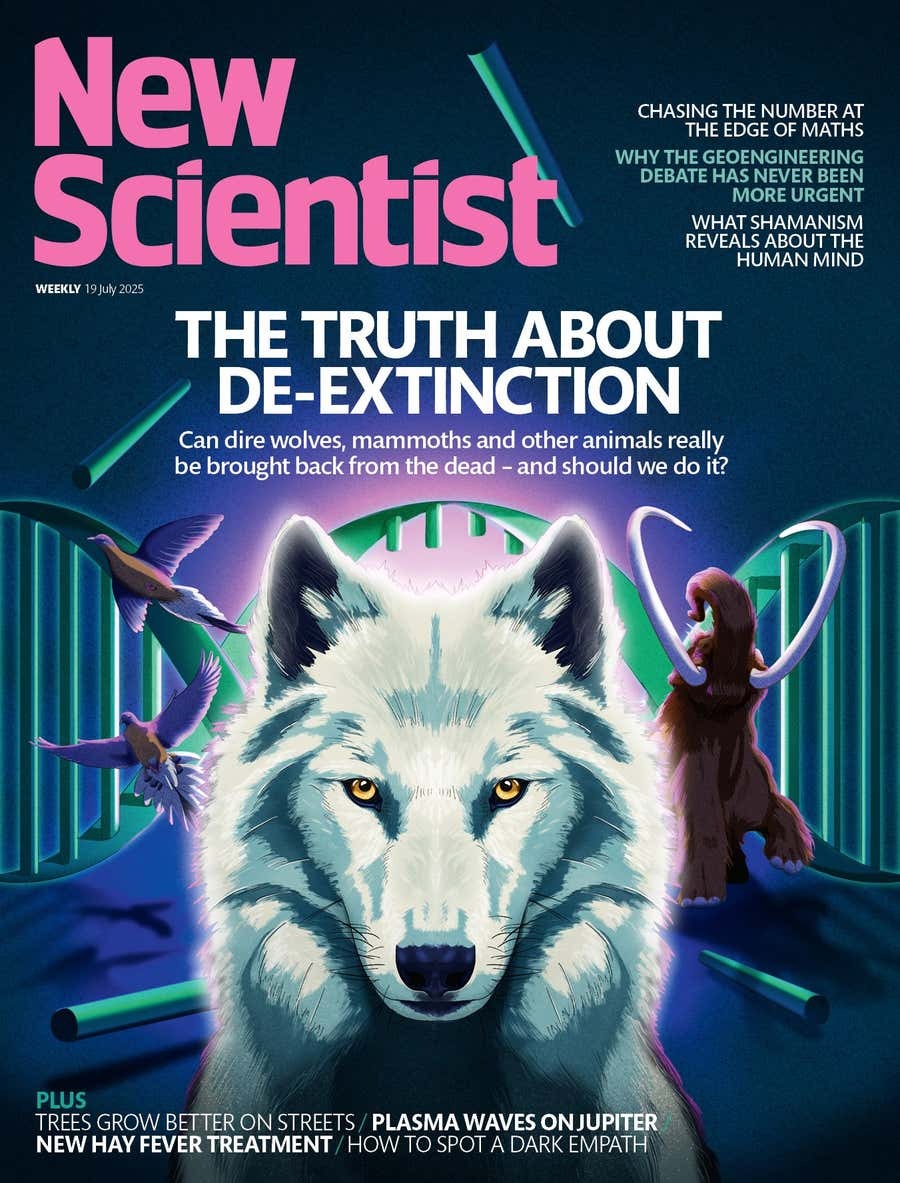
Language is evolving rapidly in a world of social media. Our millennial reviewer finds Adam Aleksic's Algospeak to be a much-needed helping hand newscientist.com/article/mg2673…
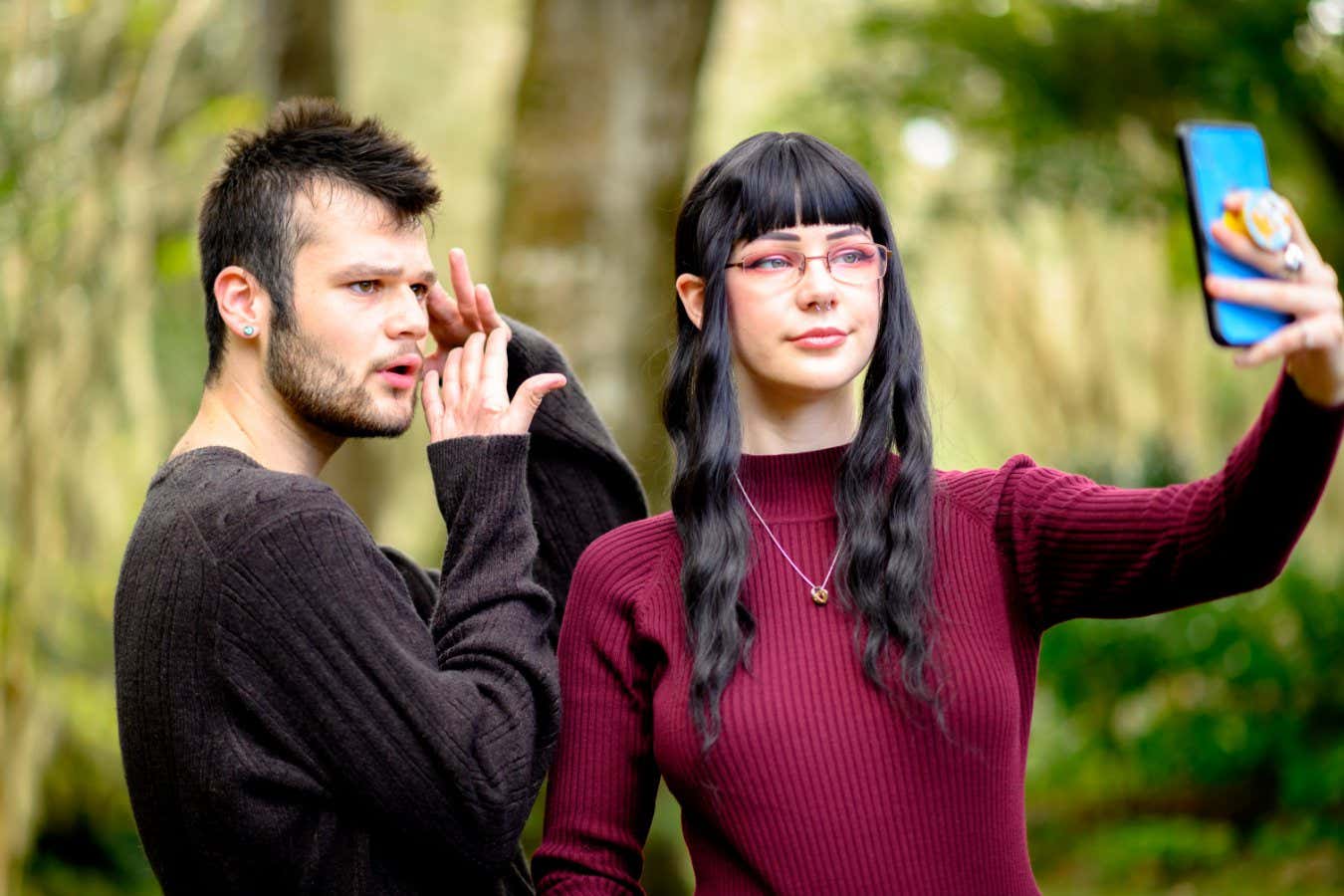
Aviation is probably the single hardest industry to decarbonise. Sustainable fuels aren't the answer, but Mike Berners-Lee thinks there is one at hand newscientist.com/article/mg2673…
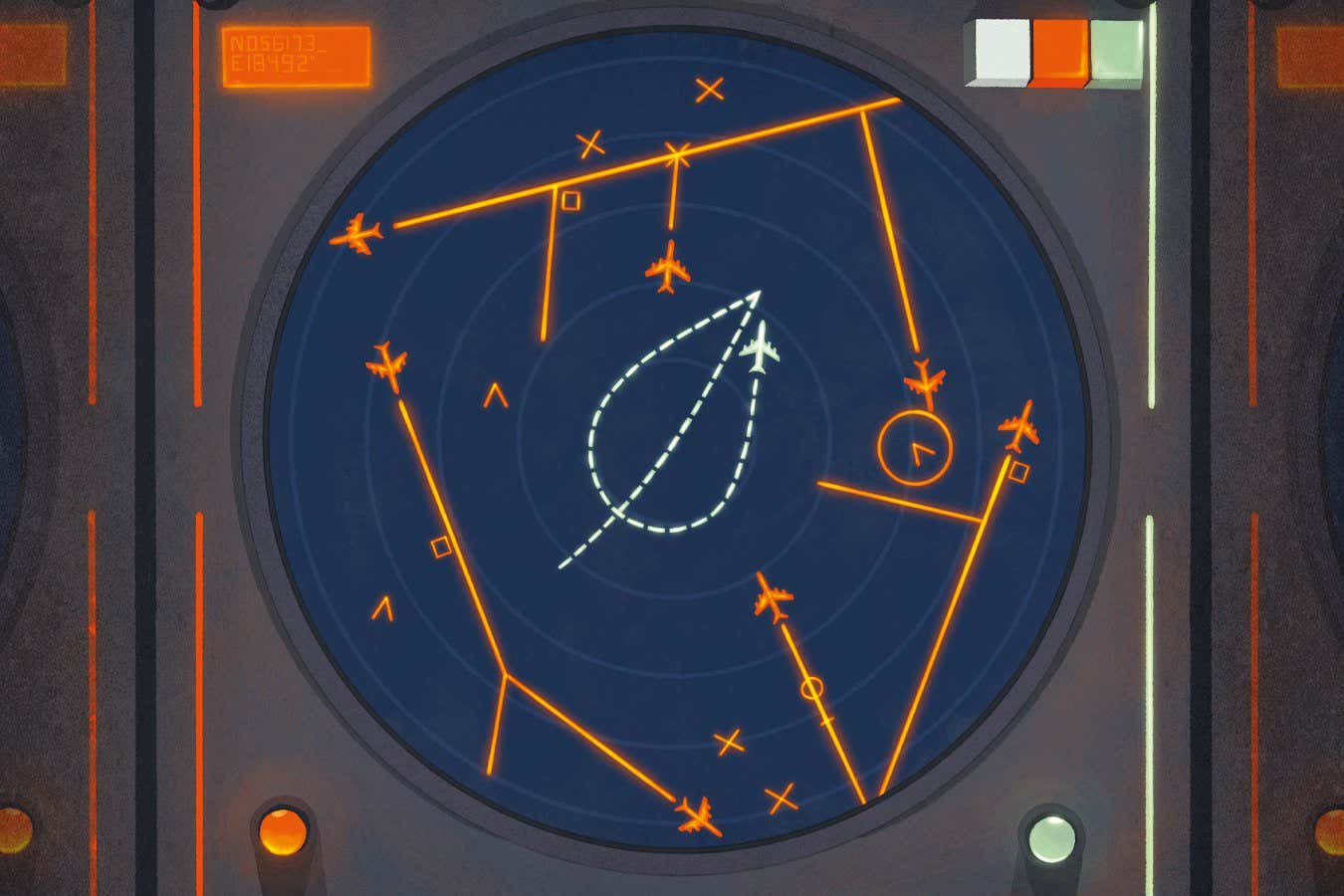
Cleaner air has increased the number of city heatwaves. Smog harms human health, but it also reflects sunlight from the planet and masks the warming from greenhouse gases. newscientist.com/article/248904…

A tiny gecko has been rediscovered on Rábida Island in the Galápagos, where it was believed to have been wiped out by invasive rats. newscientist.com/article/248902…
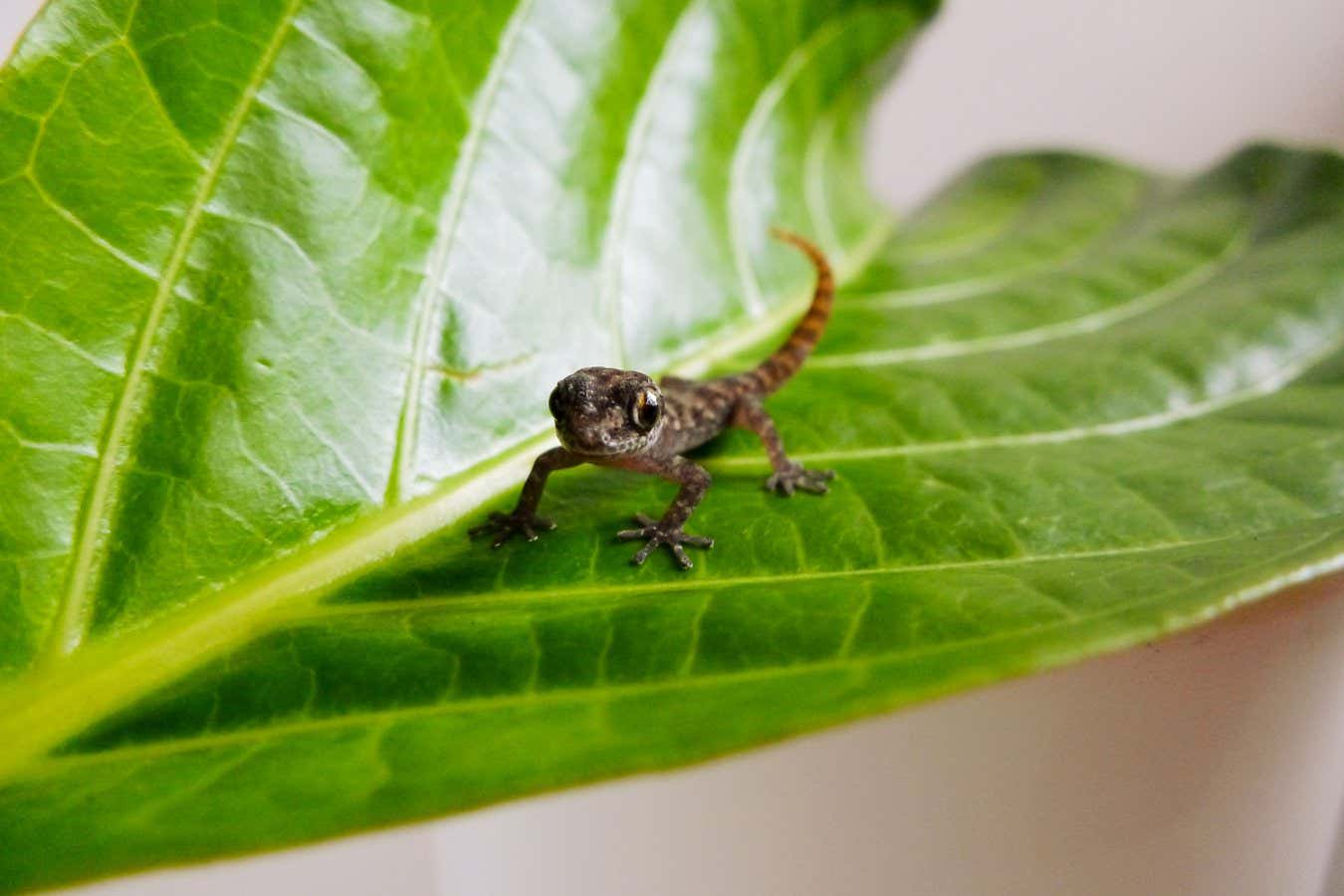
A puzzling gravitational wave was detected and astronomers have determined that it comes from a record-breaking black hole merger. newscientist.com/article/248807…
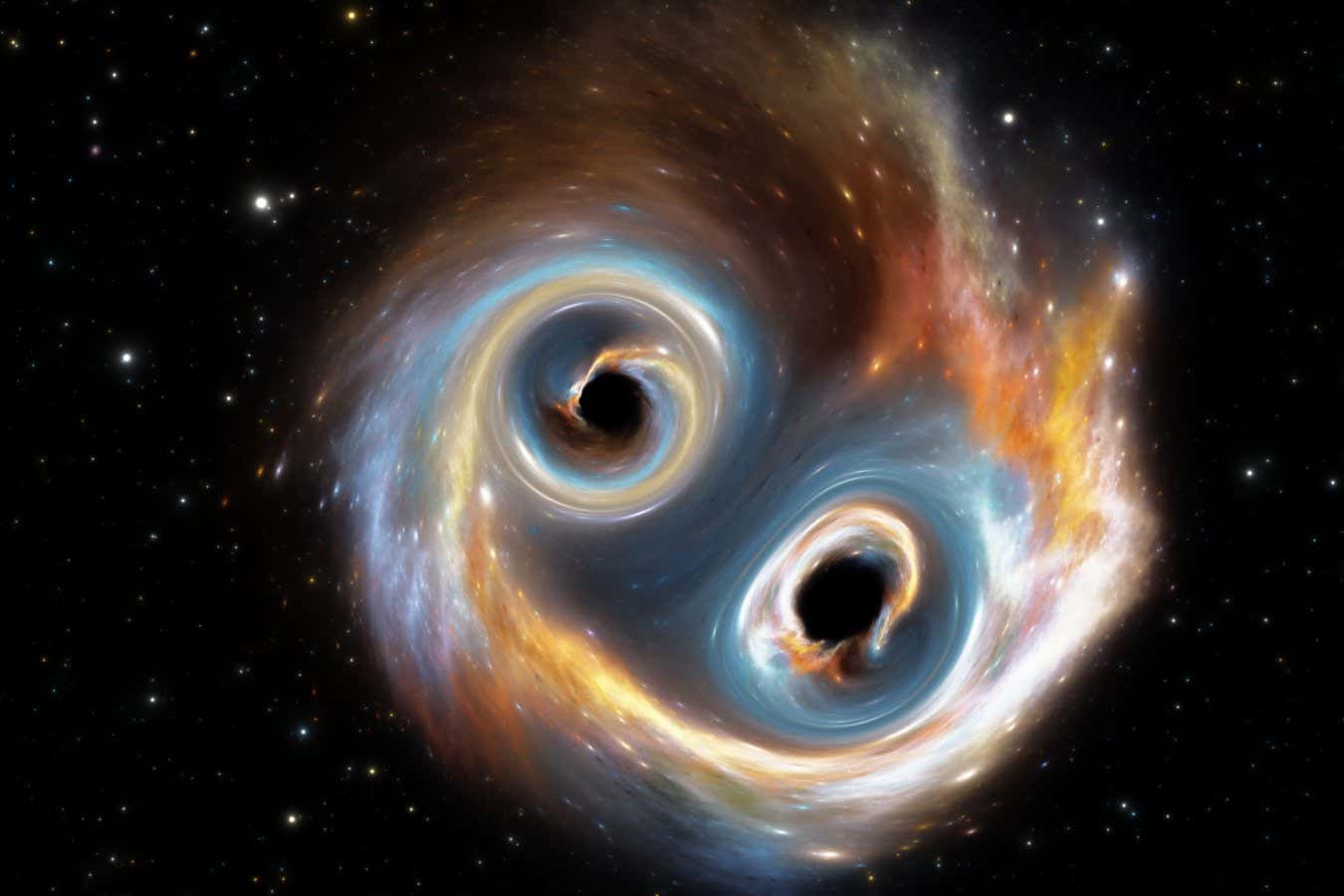
Instead of the big bang, some physicists have suggested that our universe may have come from a big bounce following another universe contracting – but quantum theory could rule this out newscientist.com/article/248865…
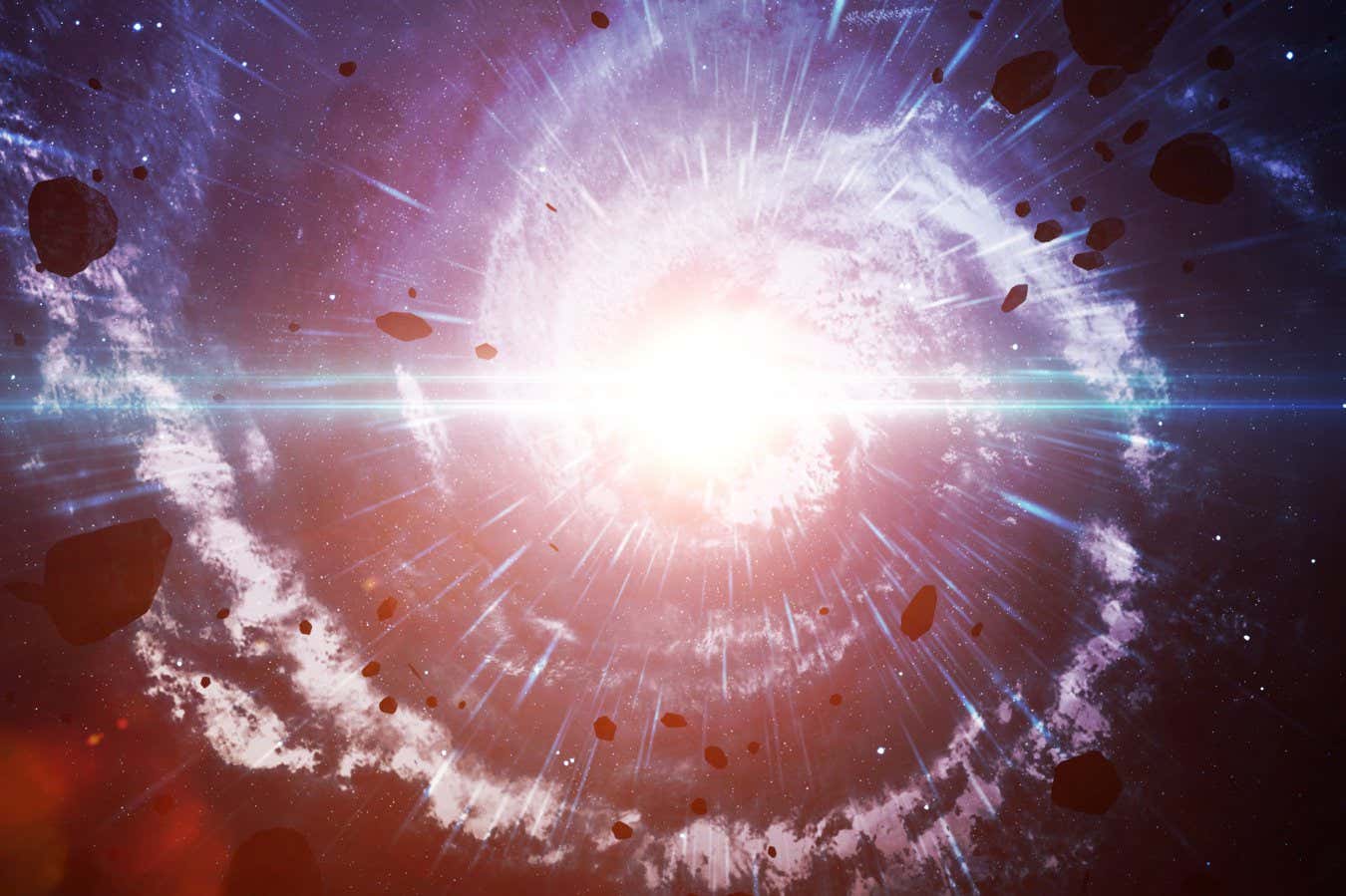
You don't need to take drugs like Ozempic and Wegovy consistently to lose significant amounts of weight. newscientist.com/article/248819…
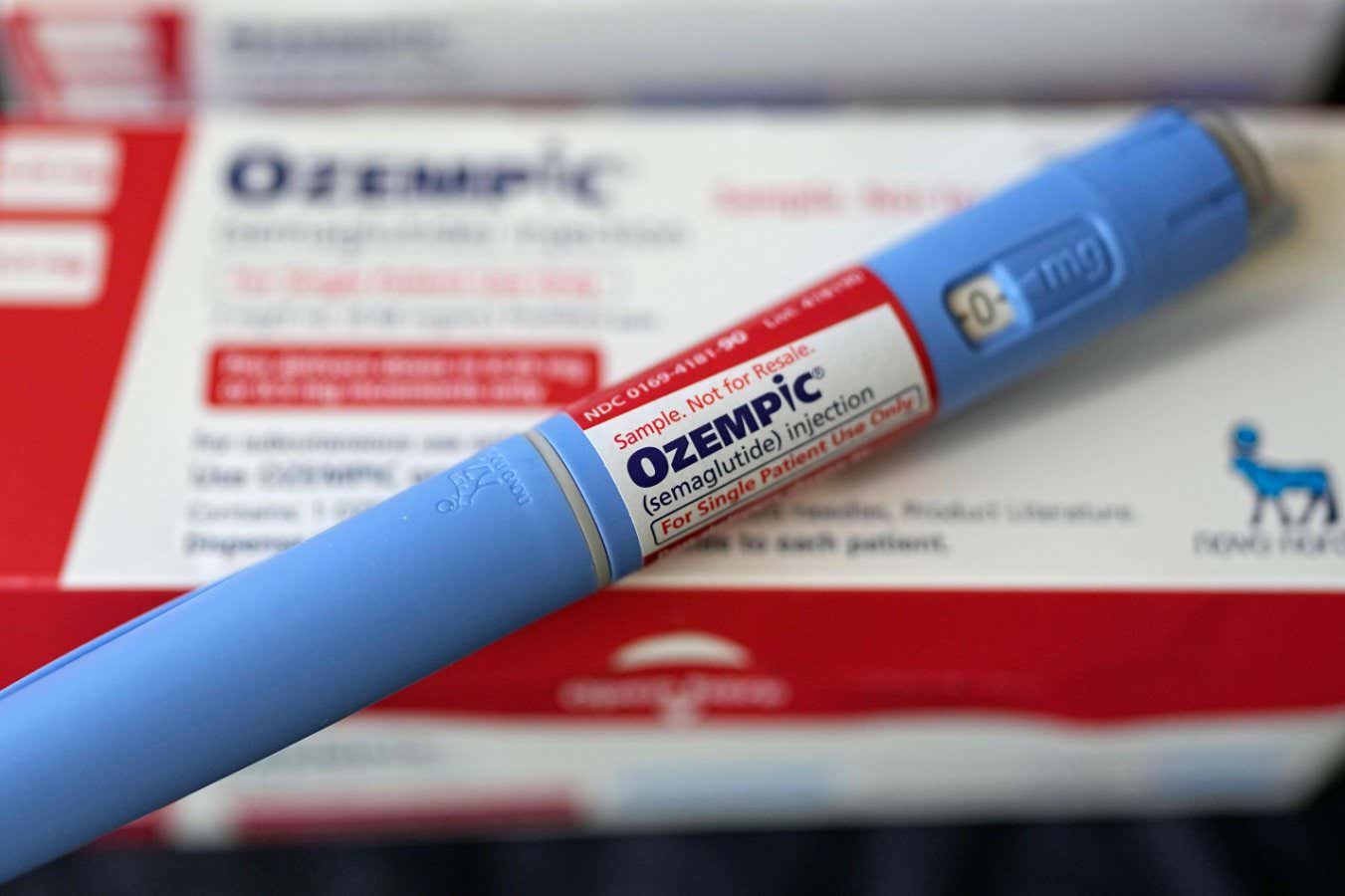
There could be 11 different types of obesity, which may explain why some people with the condition don't lose weight with drugs like Ozempic. newscientist.com/article/248874…
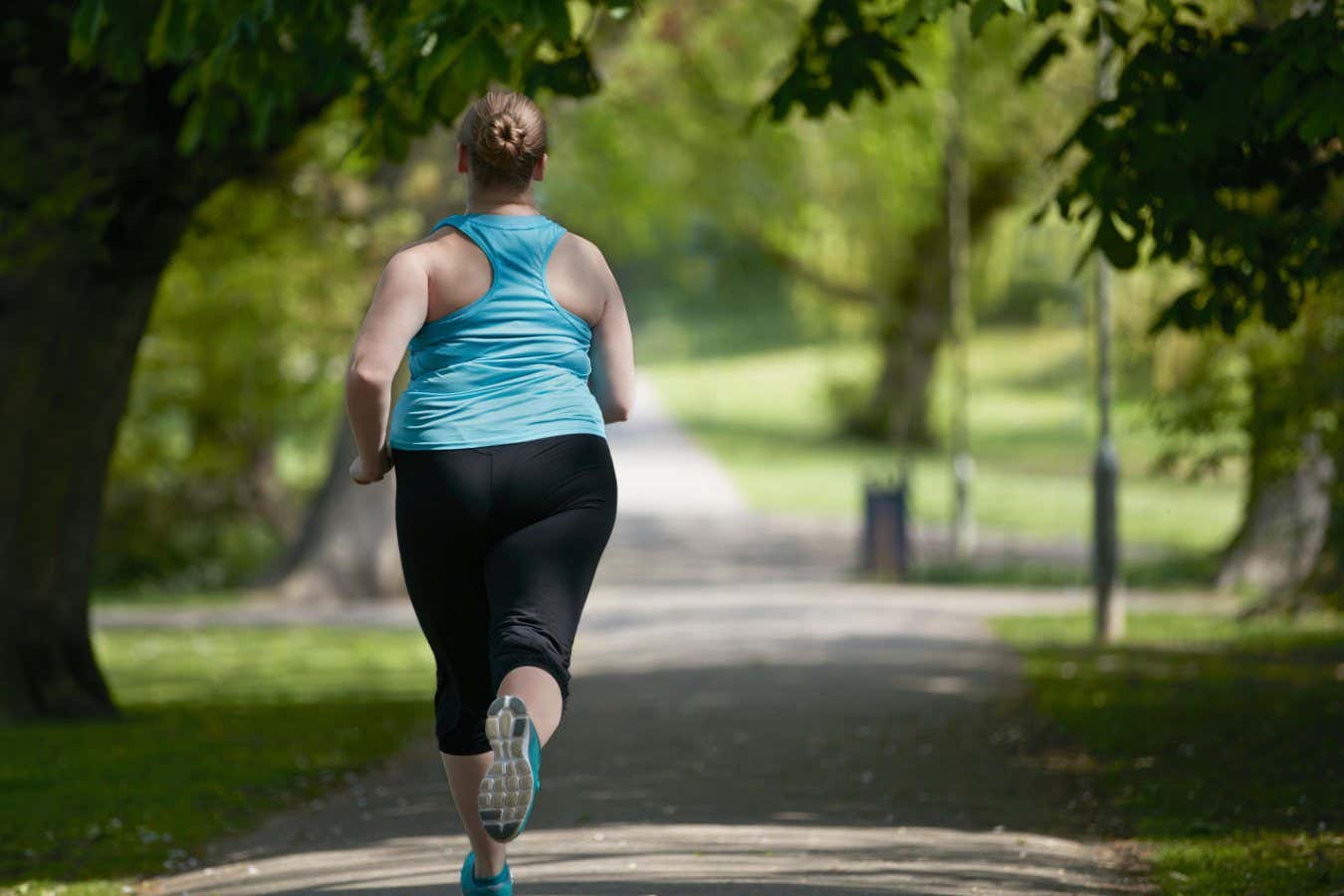
Isometric exercises like wall squats are gentle on your body, but can enhance your fitness in a surprisingly efficient way, discovers Grace Wade. newscientist.com/article/mg2673…
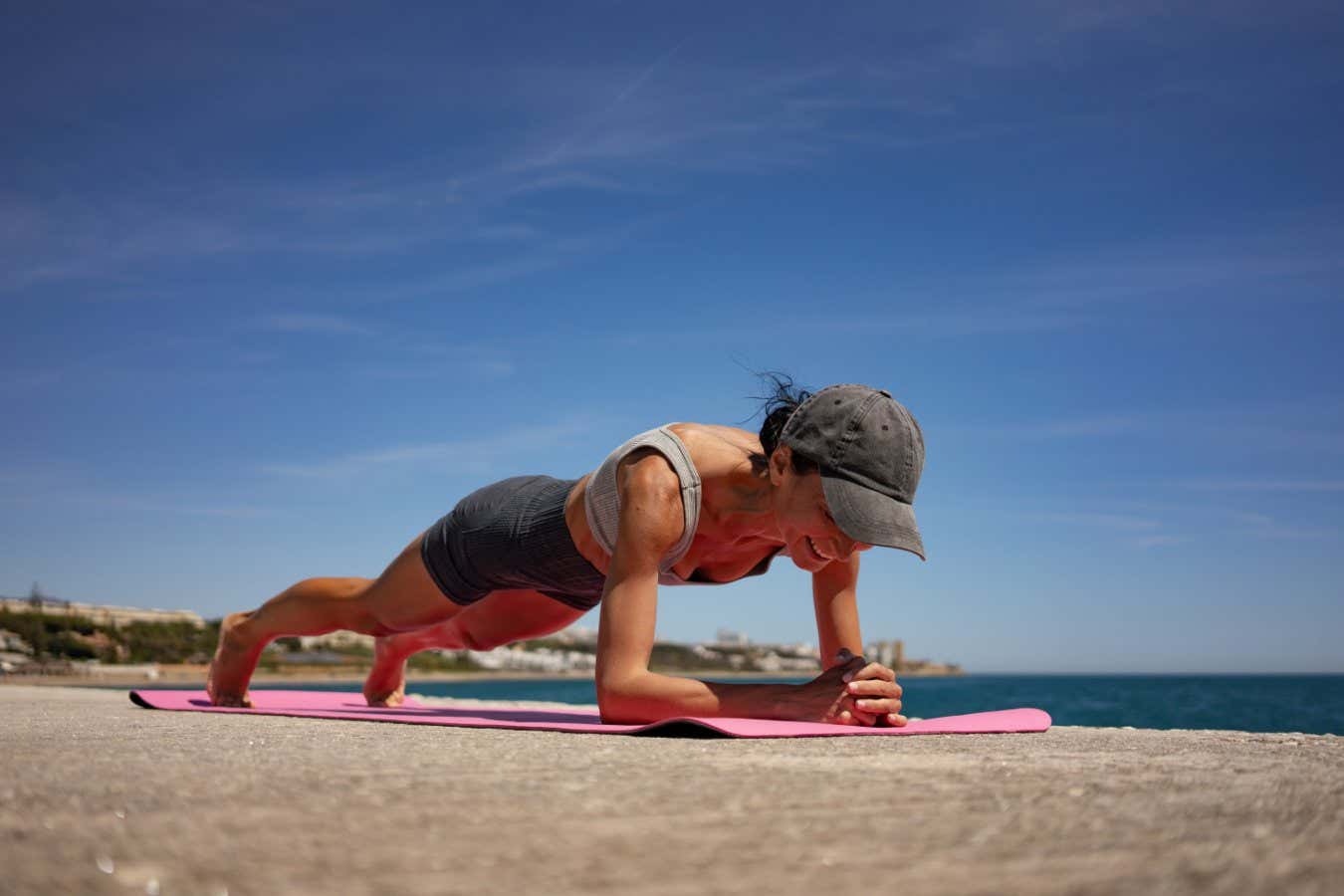
Satellite data suggests cloud darkening is responsible for much of the warming since 2001, and the good news is that it is a temporary effect due to a drop in sulphate pollution newscientist.com/article/248799…
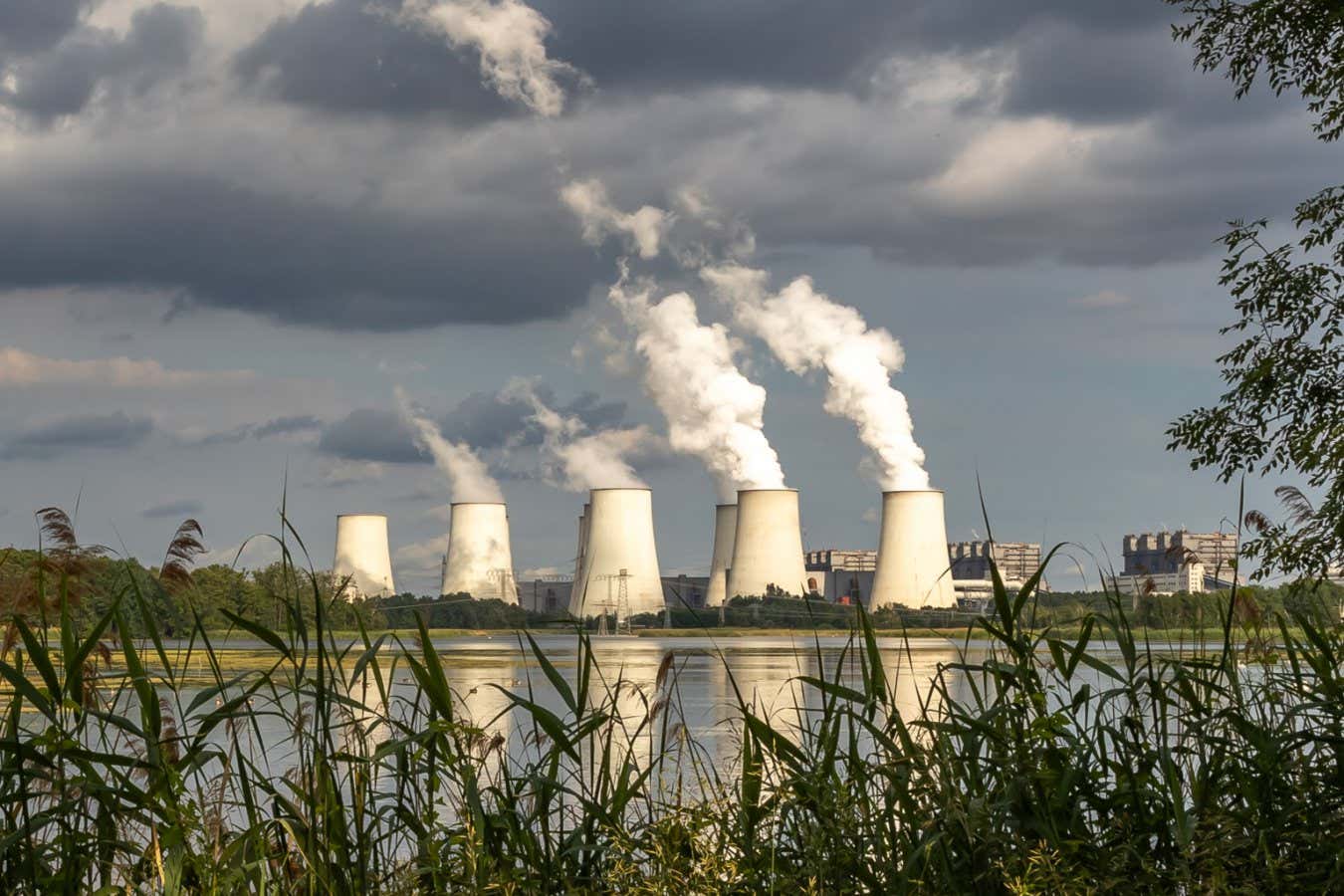
We now have the ability to rapidly assess the impact of climate change after extreme weather events – a first of its kind analysis has shown that it nearly tripled the death toll from the most recent European heatwave. newscientist.com/article/248752…
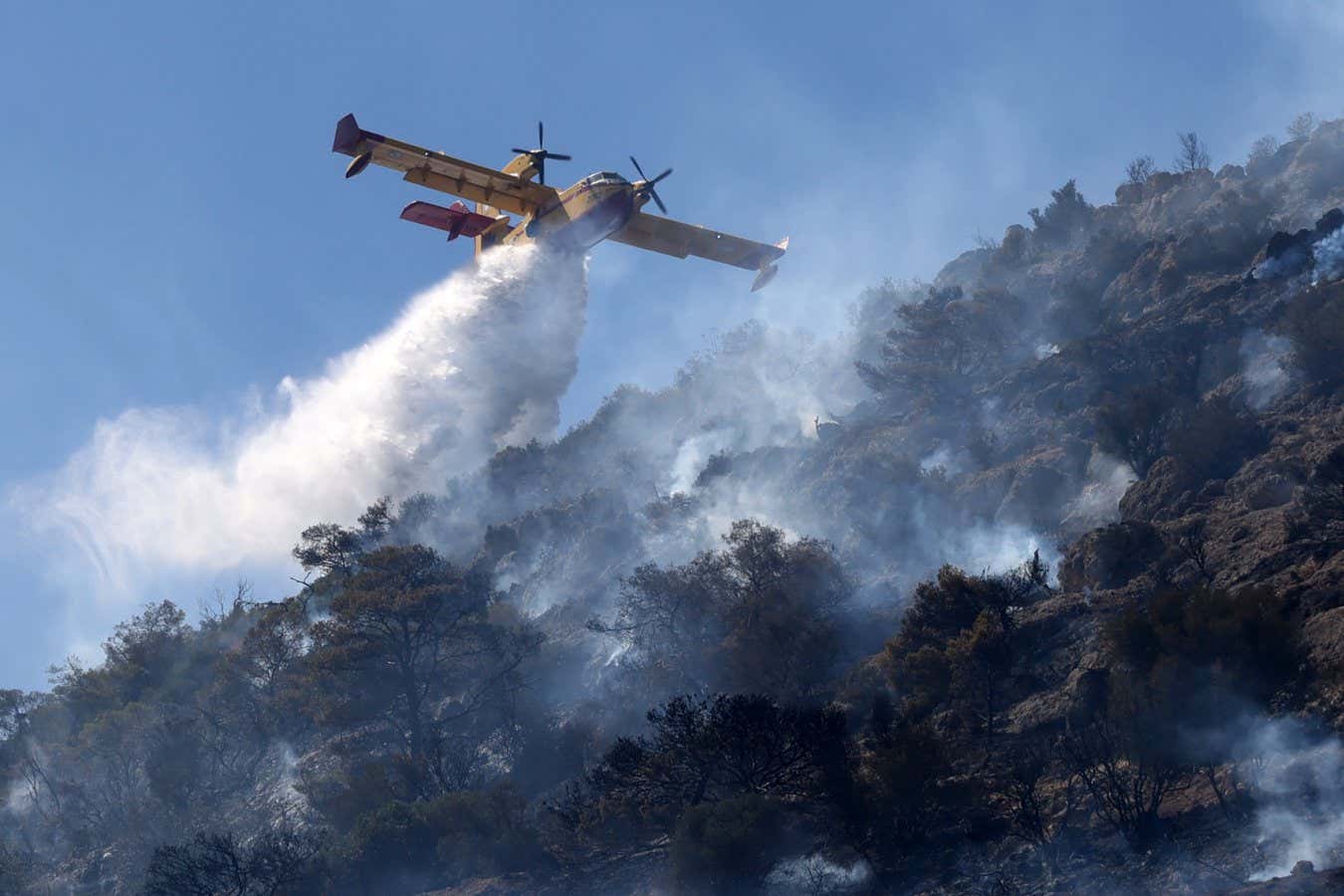
An example from the history of mathematics shows how views on the trustworthiness of artificial intelligence can quickly start to change newscientist.com/article/mg2673…

Rocks in Australia preserve evidence that plates in Earth’s crust were moving 3.5 billion years ago, a finding that pushes back the beginnings of plate tectonics by hundreds of millions of years. newscientist.com/article/248840…
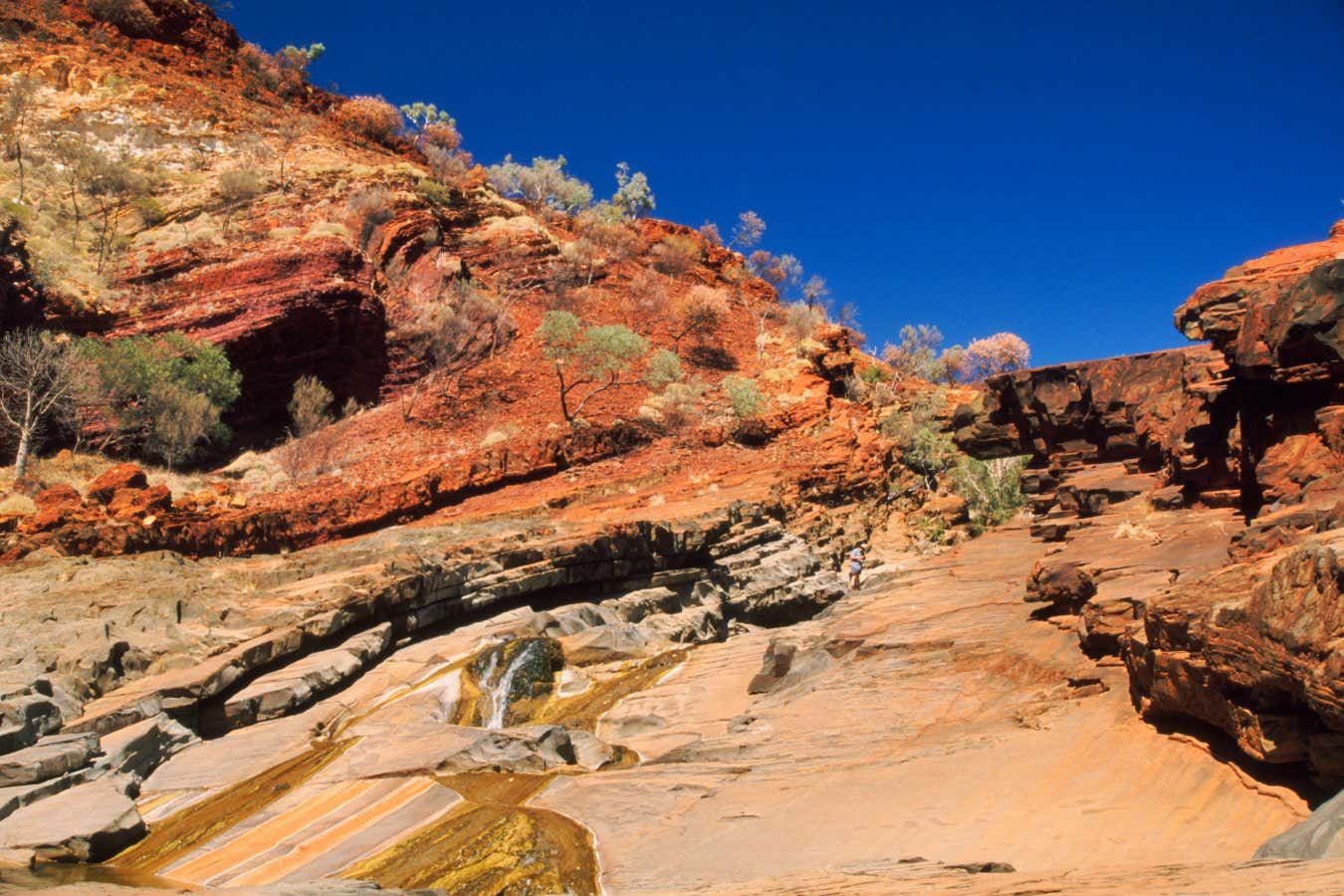
A 13-million-year-old leg bone from an enormous flightless bird carries crocodilian tooth marks, showing South America was once a predator-eat-predator world newscientist.com/article/248911…
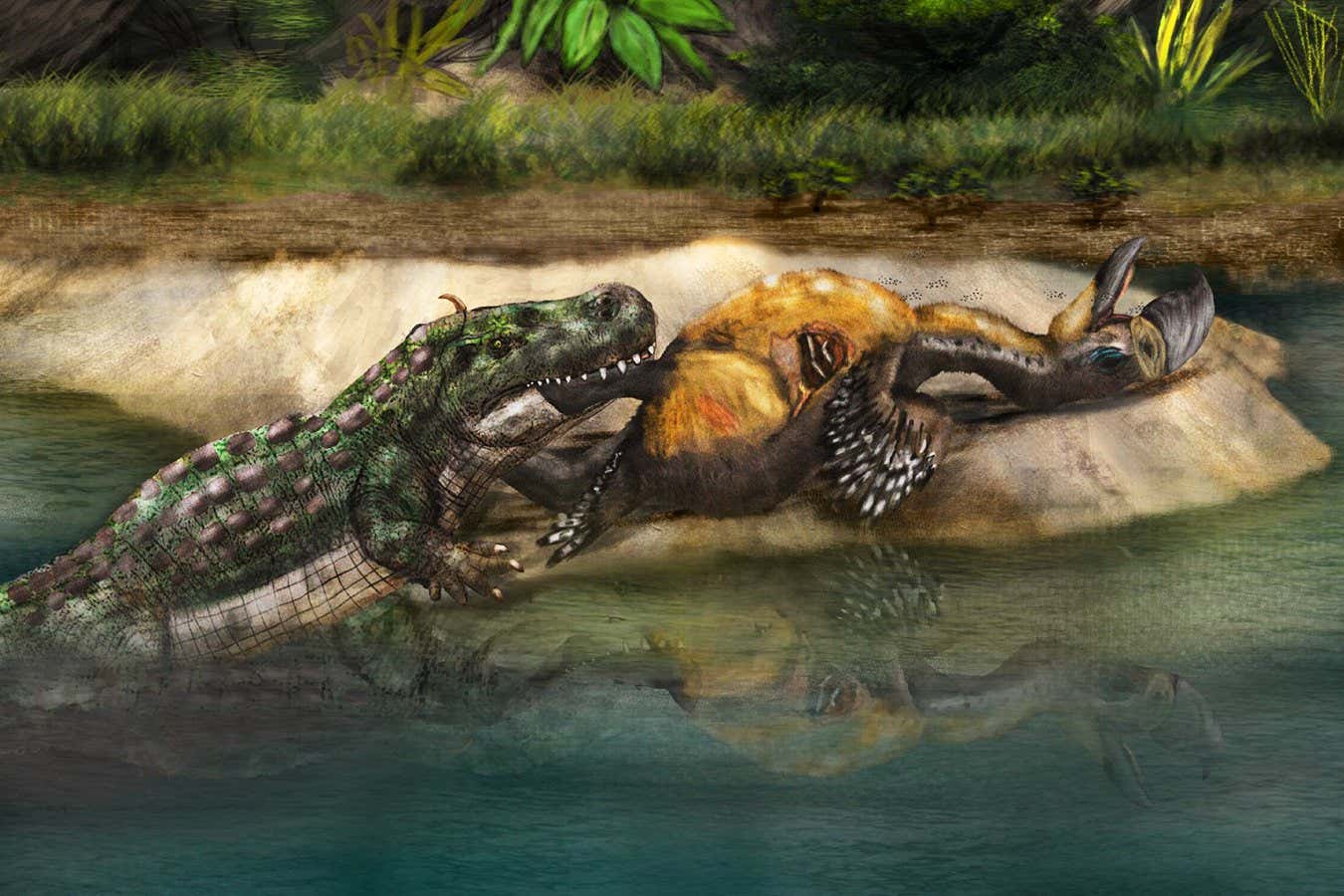
Scientists have discovered a new type of sedimentary rock made of debris from slag heaps, formed in the geological blink of an eye. Could this be good news, asks Graham Lawton. newscientist.com/article/mg2673…
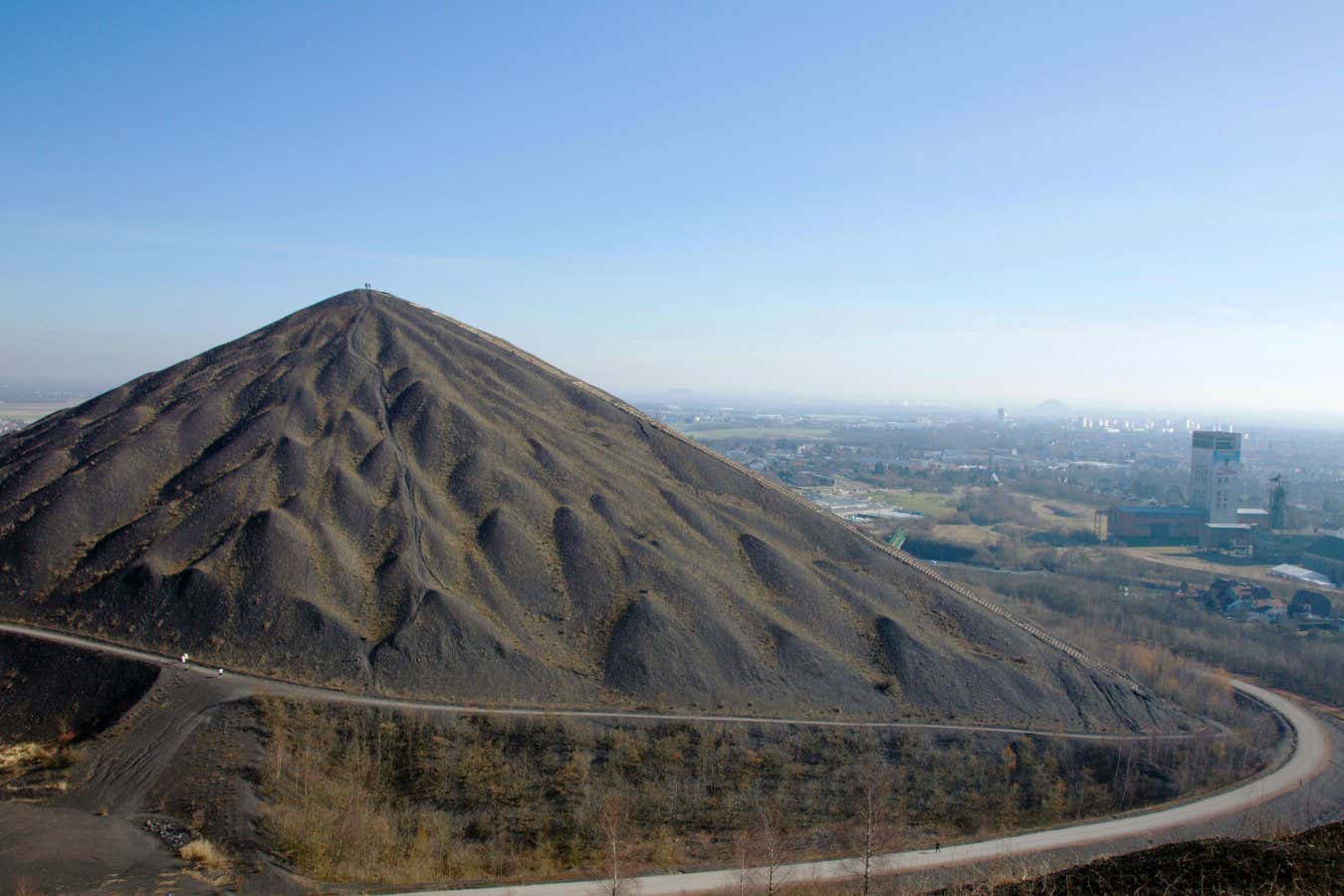
If you are in the UK, you will soon need to verify your age to access certain online services. The new law behind the measures is intended to protect children from harmful content, but its impacts could be much wider. newscientist.com/article/248854…
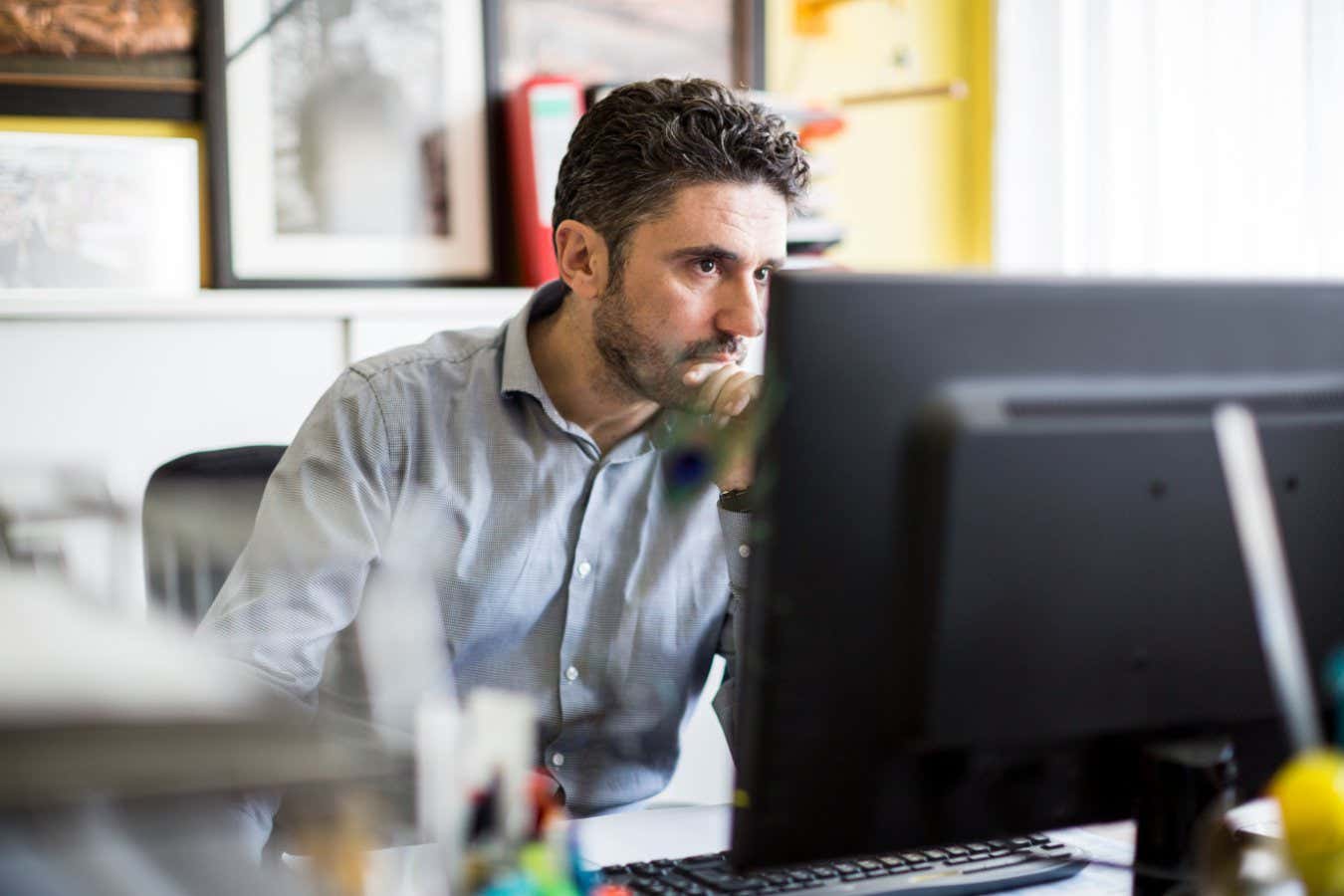
An expedition in the Red Sea found several brine pools that appear to be fed by underwater volcanoes, which may be home to microbes and animals with unique adaptations newscientist.com/article/248842…

Previous estimates have suggested that more than half of people who stop taking antidepressants experience withdrawal symptoms, but now a review of the evidence suggests this isn't the case, at least for short-term use. newscientist.com/article/248771…

Computers can check whether mathematical proofs are correct, but only if they have been translated into a machine-readable form first. Now, AI has got surprisingly good at this translation - which could transform the way maths is done. newscientist.com/article/248719…
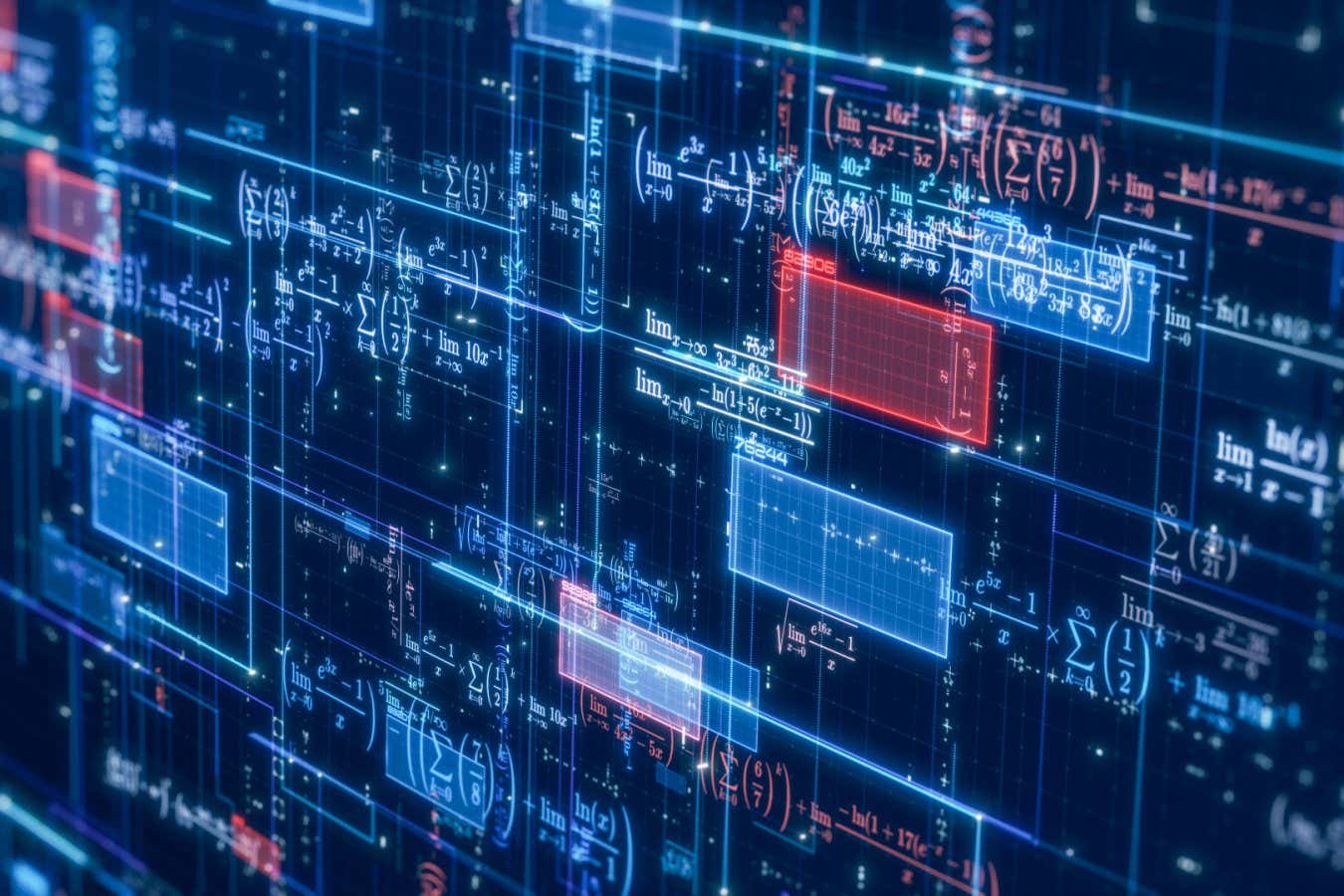
Local food culture may have influenced how Neanderthals butchered their prey. newscientist.com/article/248854…
